
Dana Hambly, CFA, is a Research Analyst covering health care services for Stephens Inc. Prior to joining Stephens Inc., he was a Research Associate at Jefferies & Company, Inc., from 2006 to 2011, covering various health care sectors including health care services, health care IT and distribution.
A macro view informs Mr. Hambly’s observations in his exclusive interview with the Wall Street Transcript: “…this year what has emerged starting at the hospital level has been a slowdown in volume growth. And it’s unclear what is driving that slowdown in volume growth. Is it an anomaly? Do we pick up next year? Or is it just a fundamental shift in the way health care services are being delivered? We’re not really sure. It’s unclear, and I think the uncertainty has really has put a lot of pressure, broadly speaking, on the health care services space.”
His wide view of the sector has several different foci, including health care related real estate investment trusts or REITs. “Broadly speaking on the REIT side, I think the health care REITs relative to other REIT classes have been an outperformer for a number of years; however, as we look at assisted living, that industry has actually been under quite a bit of pressure over the last couple of years, and it’s mainly been about the pace of new supply. There’s been a lot of construction going on in assisted living, and that has challenged operators, particularly with their occupancy. And so occupancy has been declining in the assisted living sector for a few years now, And we think that will probably persist at least through the middle of 2018…”
An example of his top picks is The Ensign Group (NASDAQ:ENSG). “We see Ensign as a very quality operator with a good balance sheet that will be able to prove quality and therefore take volume from its competitors. So we think they’re at the early stages of that dominance; they’re very acquisitive, and they tend to find underperforming facilities. They can buy them cheaply and then over a few years’ time grow them to where they’re very quality performers.”
To get further top picks from the Stephens Health Care Research Team, read the entire interview at the Wall Street Transcript.
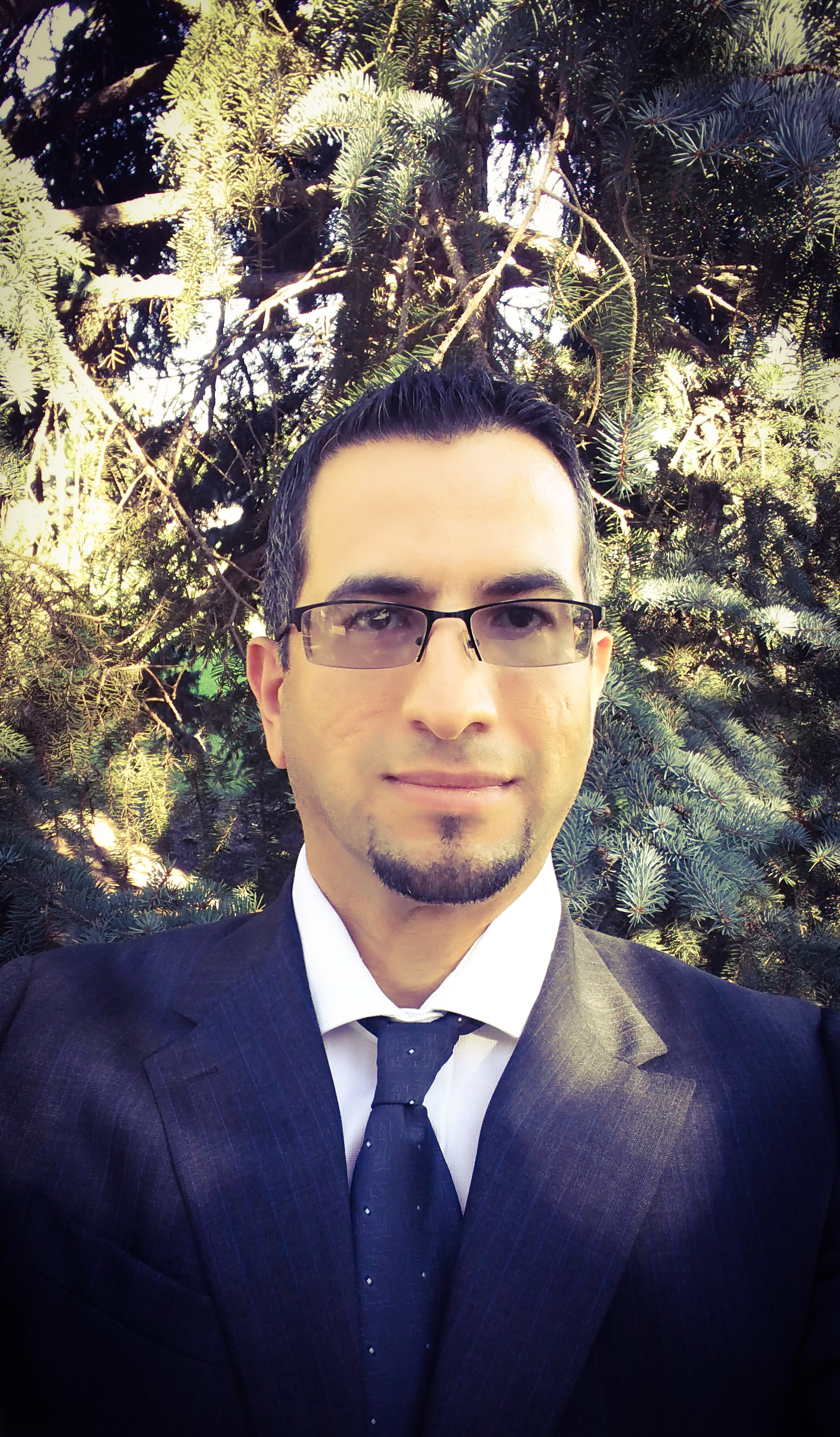
Amin Omar is the Chief Operating Officer of Innovotech Inc. Dr. Omar is a biofilm expert, having completed his Ph.D. at Manchester University in England. In this exclusive interview with the Wall Street Transcript, Dr. Omar details how his company meets client needs through the provision of contract research services to a wide scope of companies, including oil and gas, pharmaceutical, consumer products and food processing. He also oversees the Research and Development Operations for Innovotech with regard to proprietary antimicrobial silver compounds.
He describes his recent strategic change for the company: “In 2014, the board of directors decided on changing management, which resulted in a huge shift in the strategy that the company was pursuing. That year, I was promoted to General Manager, and I had to make some serious changes to the structure of the company in terms of which products we should pursue and which ones we should kill. We had to drop any products that burned cash and didn’t bring significant revenues, while we focused on the current departments that generate decent cash.”
The successful strategic shift has borne fruit. “Between 2014 and now, the hard work paid off, and we managed to pay almost all legacy liabilities that were stifling us. We are focusing on expanding our contract research services, expanding our plate sales and finding the right partners to take our silver products to market.”
To get the details on the future prospects of Innovotech from Dr. Amin Omar, read the entire interview at the Wall Street Transcript.


Henrik Damkjaer Simonsen is the Chief Financial Officer of Nuevolution AB. He has extensive experience as an analyst of pharmaceutical and biotech companies, experience in IPOs of life science companies in Denmark, Sweden, the U.K. and Belgium, and M&A experience from transactions with Nordic life science companies.
Ton Berkien is the Chief Business Officer of Nuevolution AB. Mr. Berkien joined the company in 2014. He has extensive experience in business development, market intelligence and corporate finance. His most recent position was at Takeda/Nycomed (TYO:4502), where he was acting Head of Corporate Development/M&A, responsible for several M&A transactions in the U.S. and Europe as well as in various emerging growth markets like China, Brazil, India and Colombia. Prior to Takeda, he held a similar position at Nycomed Pharmaceuticals.
In this exclusive interview with the Wall Street Transcript, the Nuevolution strategic vision is detailed by the two senior executives. “Nuevolution has a technology in-house that we basically have developed since the establishment of the company in 2001, known as DNA-encoded library technology. We develop libraries of small molecules and the number of small molecules that we are actually having in our libraries is far into the billions. In fact, in February this year, we announced that we have a library of 40 trillion small molecules available for screening. The drug discovery platform, you can say, is the spine of the organization.”
The company is expanding its ambitious drug discovery value creation roadmap. “We do continue to use the platform in partnerships, whether they are drug discovery partnerships or an out-licensing of the technology, which we have actually done in the past — in 2008 with Lexicon Pharma (NASDAQ:LXRX) and in 2014 with Novartis (NYSE:NVS). We do, however, make deals today to not necessarily out-license the technology but to use the platform in partnerships where we develop together drugs of choice that we have agreed upon to develop together. The best example is the Amgen (NASDAQ:AMGN) deal that we did in October 2016, whereby we are developing with Amgen multiple programs in oncology and neurosciences.”
Read the entire interview with the Wall Street Transcript to get the full economic implications of the Nuevolution biotechnology platform.

Christopher U. Missling, M.S., Ph.D., MBA, is the President and CEO of Anavex Life Sciences Corp. Dr. Missling has over 20 years of health care industry experience within large pharmaceutical companies, the biotech industry and investment banking. Prior to joining Anavex, he served as the Chief Financial Officer of Curis (NASDAQ:CRIS) and ImmunoGen (NASDAQ:IMGN). In addition, at Aventis — now Sanofi — Dr. Missling worked as head of financial planning on all aspects of financial strategy and M&A. His career experience also includes working as an investment banker in the health care practice at Deutsche Bank, serving pharmaceutical, biotech and diagnostic companies. In his exclusive interview with the Wall Street Transcript, Dr. Missling describes his strategy and value creation roadmap for Anavex.
“Anavex is a precision medicine company specializing in the development of small-molecule technologies for the treatment of neurodevelopmental and neurodegenerative diseases. Neurodegeneration is the largest unmet medical need, and includes Alzheimer’s and Parkinson’s disease. Neurodevelopmental indications, which are caused by genetic dysfunction, include autism, autism spectrum disorder, Fragile X, Rett syndrome and epilepsy.”
The company is focused on some high value, near term targets, such as Parkinson’s and Alzheimers. “The most of advanced compound in our pipeline is ANAVEX 2-73, which is now in a Phase IIa clinical trial in 32 mild-to-moderate Alzheimer’s patients. The next most advanced compounds are ANAVEX 3-71 and ANAVEX 1-41, which are both at the pre-IND stage. The next stage of clinical trials is in preparation for ANAVEX 2-73: a larger Phase II/III study as well as another Phase II in an orphan indication…”
Several of the treatments are entering Phase III trials. “The most of advanced compound in our pipeline is ANAVEX 2-73, which is now in a Phase IIa clinical trial in 32 mild-to-moderate Alzheimer’s patients. The next most advanced compounds are ANAVEX 3-71 and ANAVEX 1-41, which are both at the pre-IND stage. The next stage of clinical trials is in preparation for ANAVEX 2-73: a larger Phase II/III study as well as another Phase II in an orphan indication…”
To get the complete pictures of Anavex, read the entire interview with President and CEO Christopher Missling at the Wall Street Transcript.

David Westenberg, CFA, is a Senior Vice President and Senior Equity Analyst at C.L. King & Associates. Mr. Westenberg joined the company in January 2016 with seven-plus years of investment industry experience, most recently at Canaccord Genuity, where he was an Equity Research Associate covering 20 companies in the animal health and diagnostics industries. In this exclusive interview with Mr. Westenberg, he discusses the basics of investing in this exciting new industry.
He has a number of top picks in the sector but is cautious for new entrants. “Because of the valuations, there are no screaming buys in my space at all. You can do some stock picking. In terms of where we are in the economic cycle, I am tending to favor the companies that are just really good business models. These valuations are steep, but if investors have a long holding period of time, these will play out.”
Molecular diagnostics is creating a mega-trend in medical investments. One of his top picks is Illumina (NASD:ILMN). “When you are looking at Illumina, it has 80% to 90% market share, but its market backdrop is outstanding, and genomics itself is a multi-decade megatrend. Sequencing right now is growing at 15%-plus, and it is almost impossible to rip out an Illumina instrument once it has been placed into a laboratory, particularly on the clinical side because the reality is that somebody has to revalidate an instrument. In this particular market, you rarely get companies like this at a very good price. And investors know that, which means it’s multiple I think is safer relative to its peers. Maybe two to three years down the line, the entire market pulls back and the stock is at the same price, but you just buy more. You’ll be happy you’ve followed the story during that pullback.”
For more of Mr. Westenberg’s investment picks and his detailed analysis supporting them, read the entire interview at the Wall Street Transcript.

Erik Kinnman, M.D., Ph.D., is the Chief Executive Officer of NeuroVive Pharmaceutical AB. Dr. Kinnman has held a number of senior leadership positions in biopharmaceutical companies such as AstraZeneca (NYSE:AZN) and Sobi (Swedish Orphan Biovitrum: STO:SOBI). His expertise and experience includes clinical development, business strategy, business development and investor relations. Dr. Kinnman also has experience in the financial sector. Dr. Kinnman holds an Executive MBA from the Stockholm School of Economics and has comprehensive scientific qualifications from the Karolinska Institutet, where he earned his Ph.D. and taught as an associate professor. Dr. Kinnman is board-certified in neurology and pain management.
Dr. Kinnman describes his company as a leader in Swedish biotech. “NeuroVive Pharmaceutical is a Swedish pharmaceutical research and development company that is focused primarily on mitochondrial medicine. This is our scientific base and also the origin of the company. We work very closely with Lund University in Sweden and have an R&D portfolio that contains two clinical and several research projects. These are in fields such as traumatic brain injury, genetic mitochondrial disorders as well as NASH and liver cancer.”
“The core technology is cyclophilin-inhibiting compounds. We have a number of molecules in this field that we are developing. The cyclophilin inhibitor that we develop for traumatic brain injury is actually a new formulation of cyclosporine, NeuroSTAT, that we have orphan drug designation for as well, which has shown powerful neuroprotectant properties in a high-profile translatable experimental model. We are doing further clinical development for NeuroSTAT in traumatic brain injury. Then, we have other cyclophilin inhibitors, such as NV556…”
Dr. Kinnman has great hopes for value creation with NeuroVive, mainly because the development of the primary research is fully owned by the company. “In Sweden, researchers own their own inventions. The people at Lund University that we collaborate with are actually part-time employees of the company. The ownership of the inventions are ours.”
To review the details of the developments at NeuroVive, read the entire interview at the Wall Street Transcript.
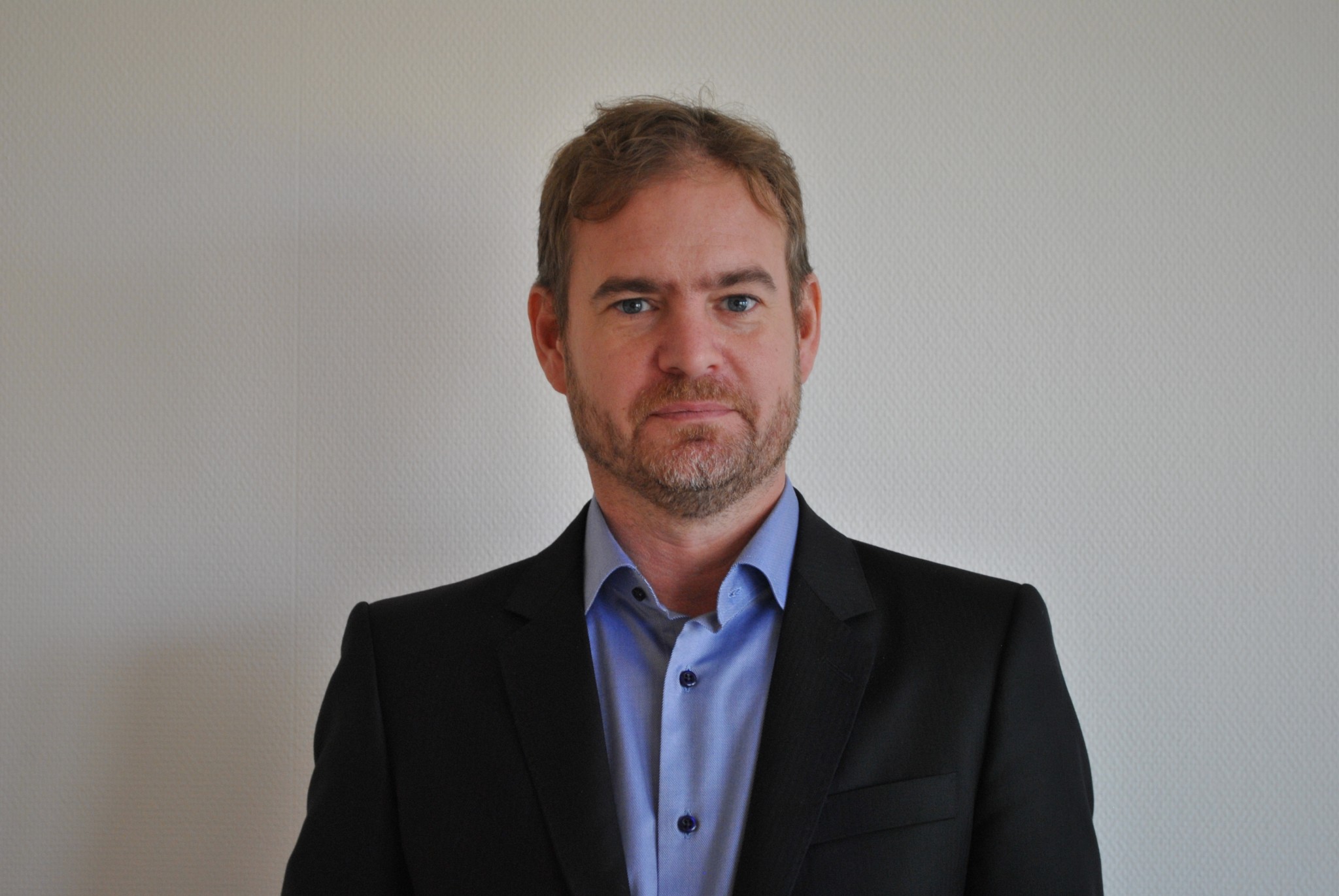
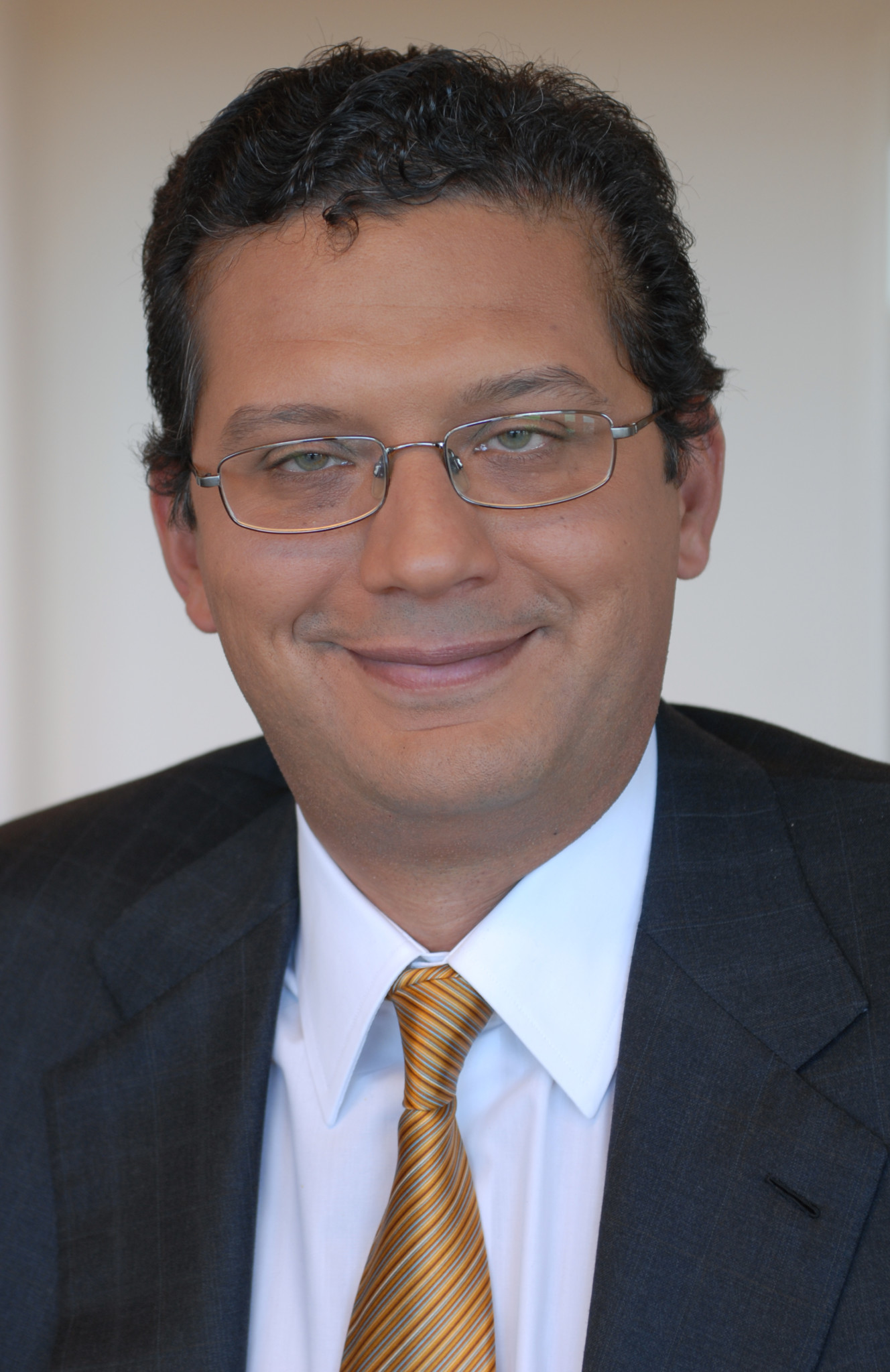
Julian Aleksov is Co-Founder and Executive Chairman of Oasmia Pharmaceutical AB. Mr. Aleksov co-founded Oasmia Pharmaceutical AB in 1999 and has been its Executive Chairman since May 2015 and its Executive Director since 1999. Anders Blom is Executive Vice President and Interim CFO of Oasmia Pharmaceutical AB. Employed since 2014, Mr. Blom has more than 15 years of experience from international strategic business development and finance at Q-Med and Pharmacia. He has a master’s degree in business administration from Uppsala University.
Much of the company’s current value is being developed through “…a drug delivery platform that we call XR-17, which was invented in-house. Based on this platform, we are developing a new formulation of chemotherapeutic agents that we believe can fundamentally change the way physicians treat certain cancer indications. We have 60 employees and, after all these years, we are now in the commercial phase…”
The company is anticipating another avenue of value creation with the application of its human treatments for veterinary uses.
“The reason why we entered this field was that paclitaxel was not possible to give to animals before due to severe allergic reactions. Our competitor Abraxane contains human albumin, something that is not suitable for animals. Our product has the vet brand name of Paccal Vet and has interest among general veterinary practitioners and oncologists alike.”
In order to unlock the tremendous potential of the US based veterinary medicine unit, Oasmia is planning a bold move. “We were approached many years ago to do a small clinical study that produced very good results, which is a key reason why we invested in and developed this technology. We are a smaller company, and to make it successful long-term, we need to be near the market and near our partners. We believe that spinning off veterinary oncology division in the U.S. is the right decision.”
To fully understand the timing and value creation that these new strategic developments will make for Oasmia Pharmaceuticals (NASD:OASM), read the entire interview at the Wall Street Transcript.
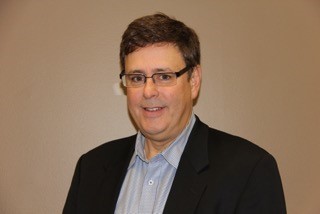
Eric A. Adams is President and CEO of InMed Pharmaceuticals, Inc. Mr. Adams is a seasoned biopharmaceutical executive with over 25 years’ experience in company and capital formation, global market development, mergers & acquisitions, licensing and corporate governance. Mr. Adams previously served as CEO at enGene Inc., which he led from a nascent startup to becoming a venture capital-backed leader in gene therapy. Prior to enGene, Inc., he held key senior roles in global market development with QLT Inc. (Vancouver), Advanced Tissues Science Inc. (La Jolla), Abbott Laboratories (NYSE:ABT) and Fresenius AG (Fresenius Medical Care ADR NYSE:FMS)…”
CEO Eric Adams describes his corporate strategy and development in great detail in his exclusive interview with the Wall Street Transcript.
“InMed Pharmaceuticals is based in Vancouver, Canada. We are a biopharmaceutical company that is focusing on the research and development and commercialization of prescription-based pharmaceuticals that are based on cannabinoid molecules. These are the molecules that are found in nature, primarily in the cannabis plant. We seek to unlock the therapeutic potential of all 90-plus cannabinoid molecules found in the cannabis plant; we look at each individually to see which effects they have on which human diseases.”
The biotech company has identified and is testing a novel treatment for a rare and dangerous condition:
“Our lead candidate is what we refer to internally as INM-750, and that is a combination of two cannabinoids that would be applied topically to the skin to treat a rare skin disorder called epidermolysis bullosa.”
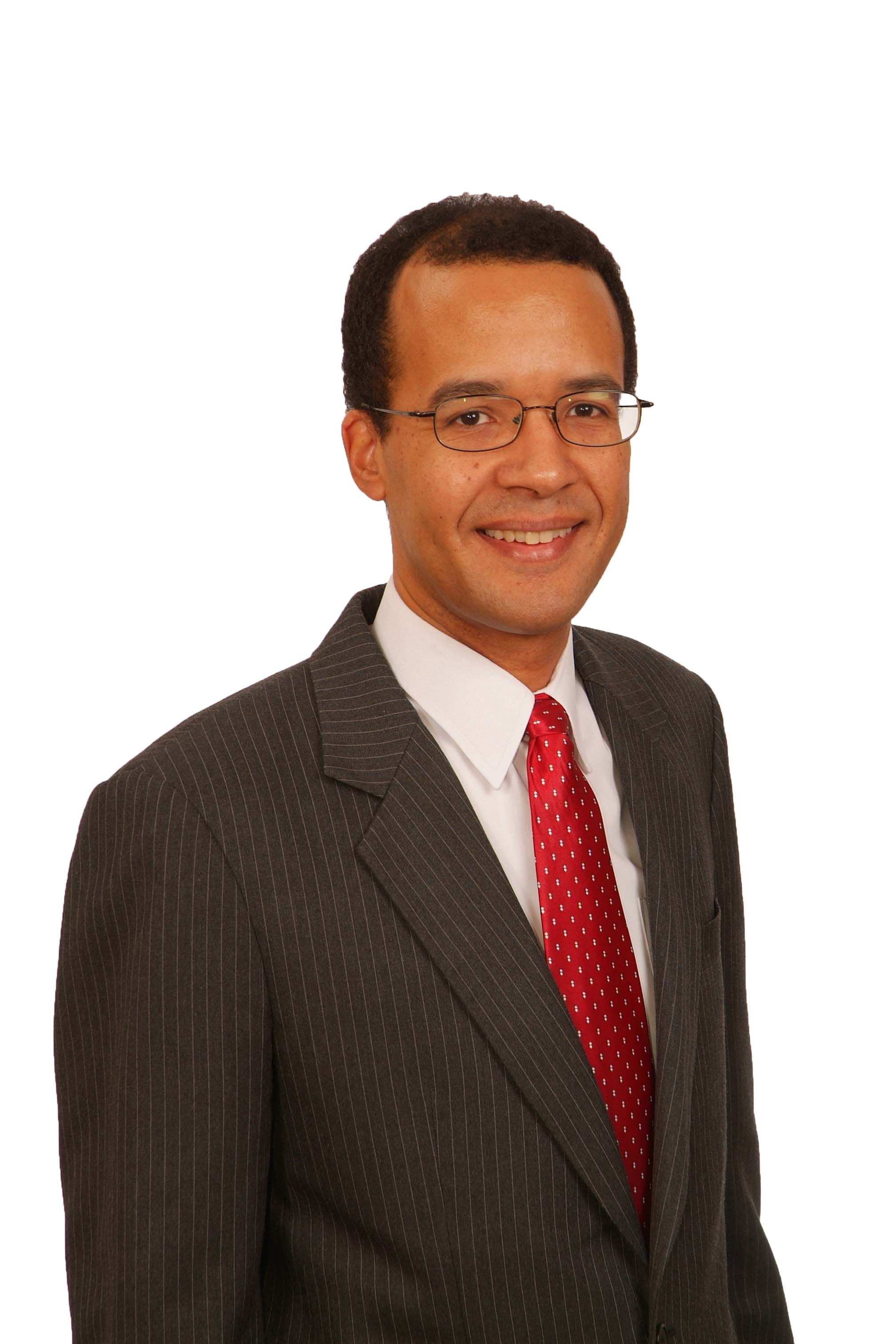
Chris Welch, is the Co-Chief Investment Officer and Portfolio Manager at Diamond Hill Capital Management, Inc. Diamond Hill was founded in 2000, and it’s grown to over $21 billion in assets under management in both equities and fixed income. All of the Diamond Hill portfolio strategies are based on a long-term intrinsic value investment philosophy.
Mr. Welch details the intrinsic value investment process in this exclusive interview with the Wall Street Transcript: “…we estimate the intrinsic value of companies based on the future cash flows that they generate and adjusting those cash flows for the risk involved in producing them. We always take a long-term time horizon when we do that. We always model companies over a five-year time horizon. We apply a terminal valuation and then we discount back at an appropriate rate. And our estimates are based on the independent research of our analyst team.”
Mr. Welch gives many examples in his interview, one of his favorites being the locals choice for casino gaming in Las Vegas.
“…One company that we bought for the Diamond Hill Mid Cap portfolio about a year ago is Red Rock Resorts (NASDAQ:RRR). And they’re the leading local gaming company in Las Vegas, and they have a loyalty program that nearly half of local residents have joined, and those members go to a Red Rock property multiple times per month. The stock has been held back by some capital spending that they’re putting into place to improve both some of their existing properties as well as the Palms Casino Resort which they acquired about a year ago. And with the five-year time horizon, the company has the potential to generate a significant increase in profits, and we believe the stock deserves a higher valuation…the overwhelming majority of their business is managing Las Vegas casinos that are primarily patronized by local residents.”
To get detailed insight into some other Chris Welch favorite stocks, read the entire interview at the Wall Street Transcript.

John Buckingham is AFAM Capital’s Chief Investment Officer and has served as the firm’s Director of Research since 1989 and Chief Portfolio Manager since 1990. He leads a team that scrutinizes hundreds of stocks for money management clients and newsletter subscribers to The Prudent Speculator investment newsletter, of which he is the Editor. “The strategy that we utilize has been pretty much the same since the newsletter began in 1977. We buy a broadly diversified portfolio of undervalued stocks and patiently hold them through thick and thin.”
Even at all time highs, John Buckingham is finding undervalued gems. “We’ve got lots of stocks that we like. Another name that hasn’t performed well this year is Disney (NYSE:DIS), which of course most people are familiar with. For Disney, the concern about the company is in its ESPN networks and the fear that people will continue to cut the cord, while they’ve had to spend a fortune for content in terms of the contracts they have with professional sports leagues. So the profitability of ESPN is troublesome and problematic. But Disney right now is trading around 16 times estimated earnings, which is very low relative to where it has historically traded.”
Mr. Buckingham is sanguine about the prospects of the market in the near term: “…you can’t look at valuations on stocks in a vacuum when we’re in a completely different environment today given where your choices are to put your money. And looking at dividend yields, S&P 500 offers a little less than 2%, while the yield on our portfolios is about 2.5%. I’d much rather get a 2.5% yield on stocks than put my money in a 10-year Treasury getting 2.3%, as I get a greater income stream out of equities, and I get substantial capital appreciation potential.”
To get a complete picture of John Buckingham’s value stock picks in today’s market, read the entire interview exclusively in the Wall Street Transcript.